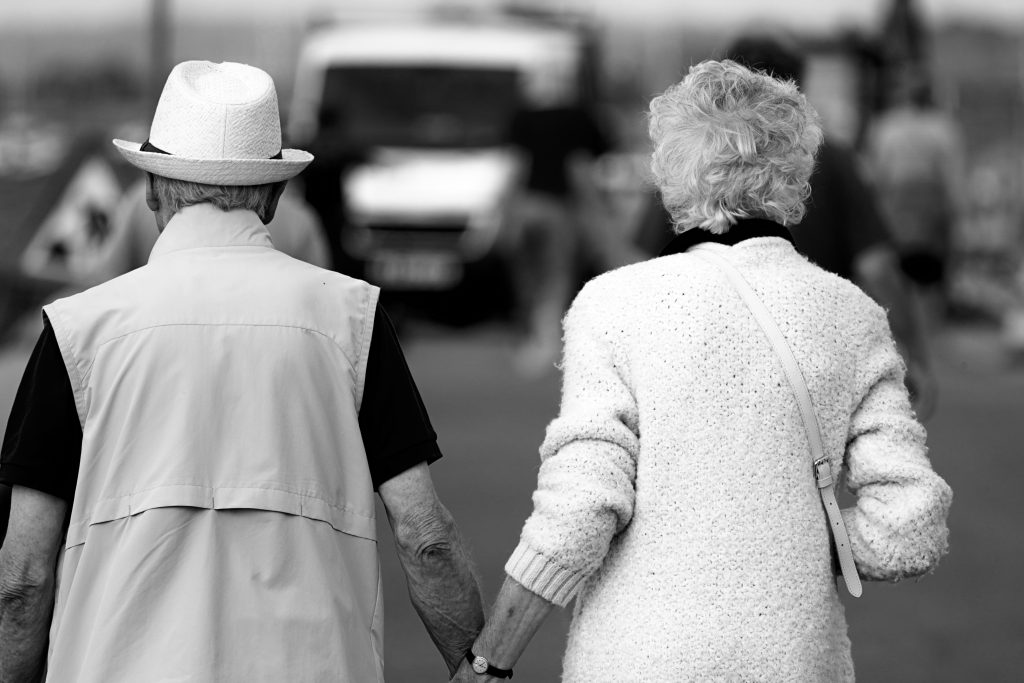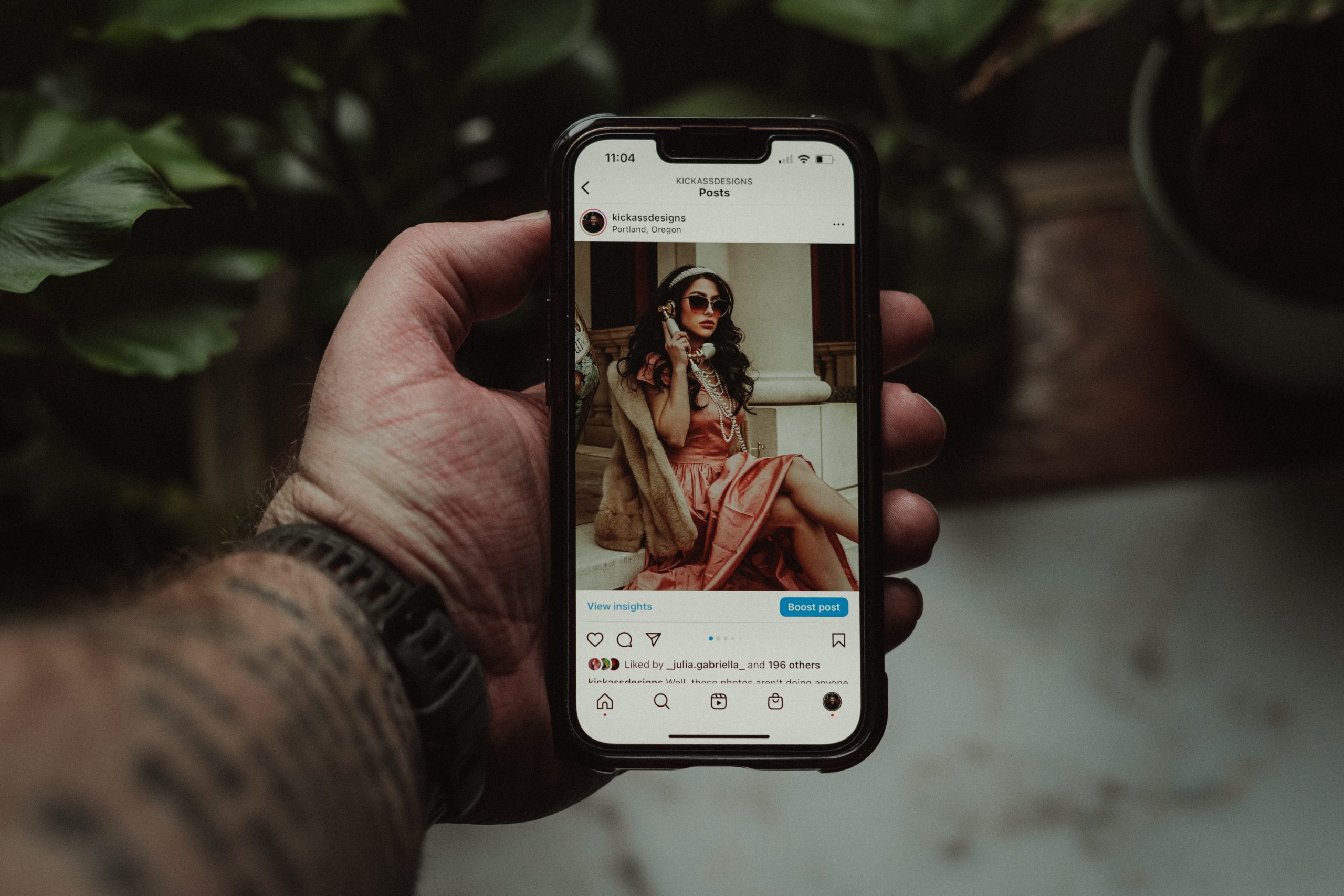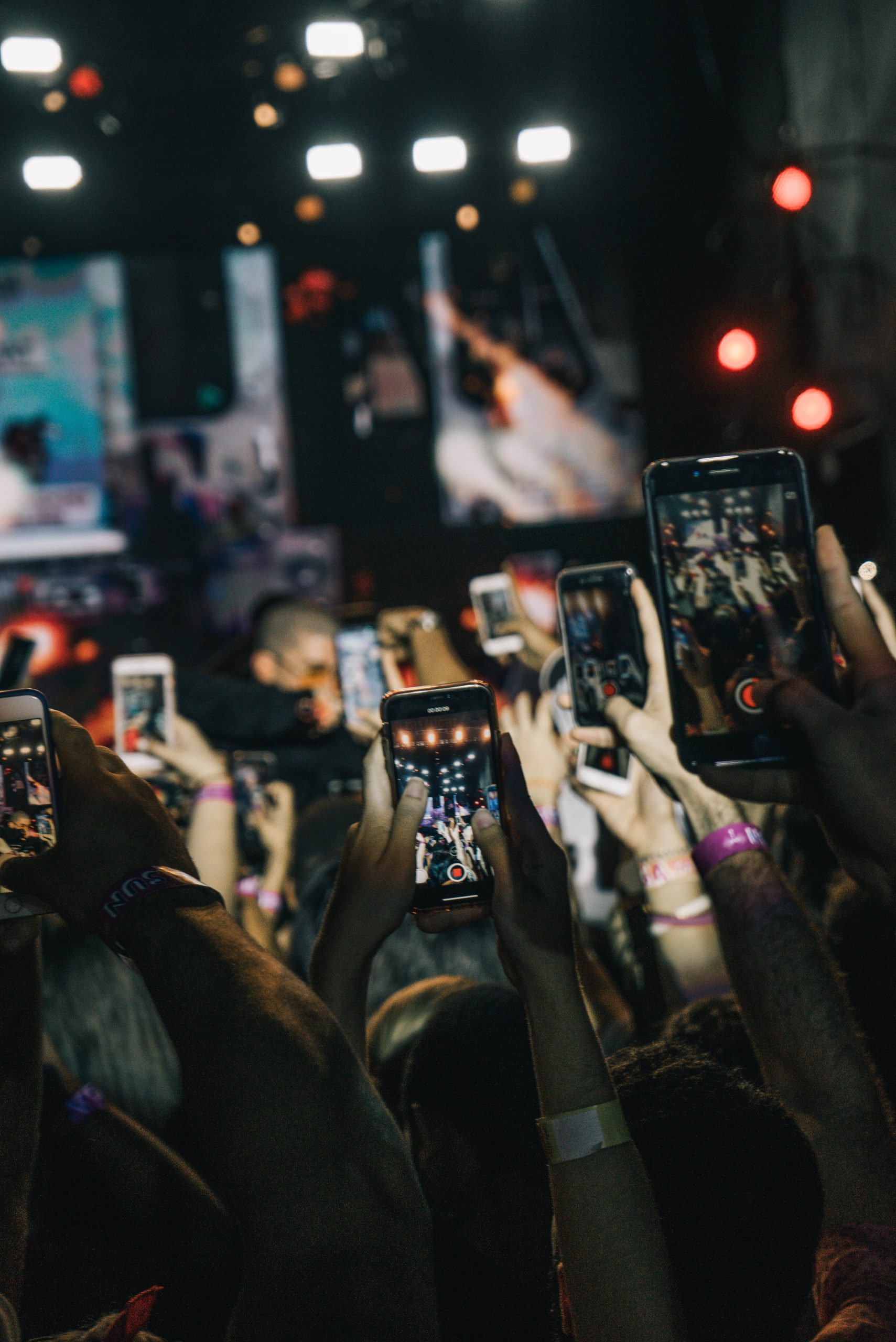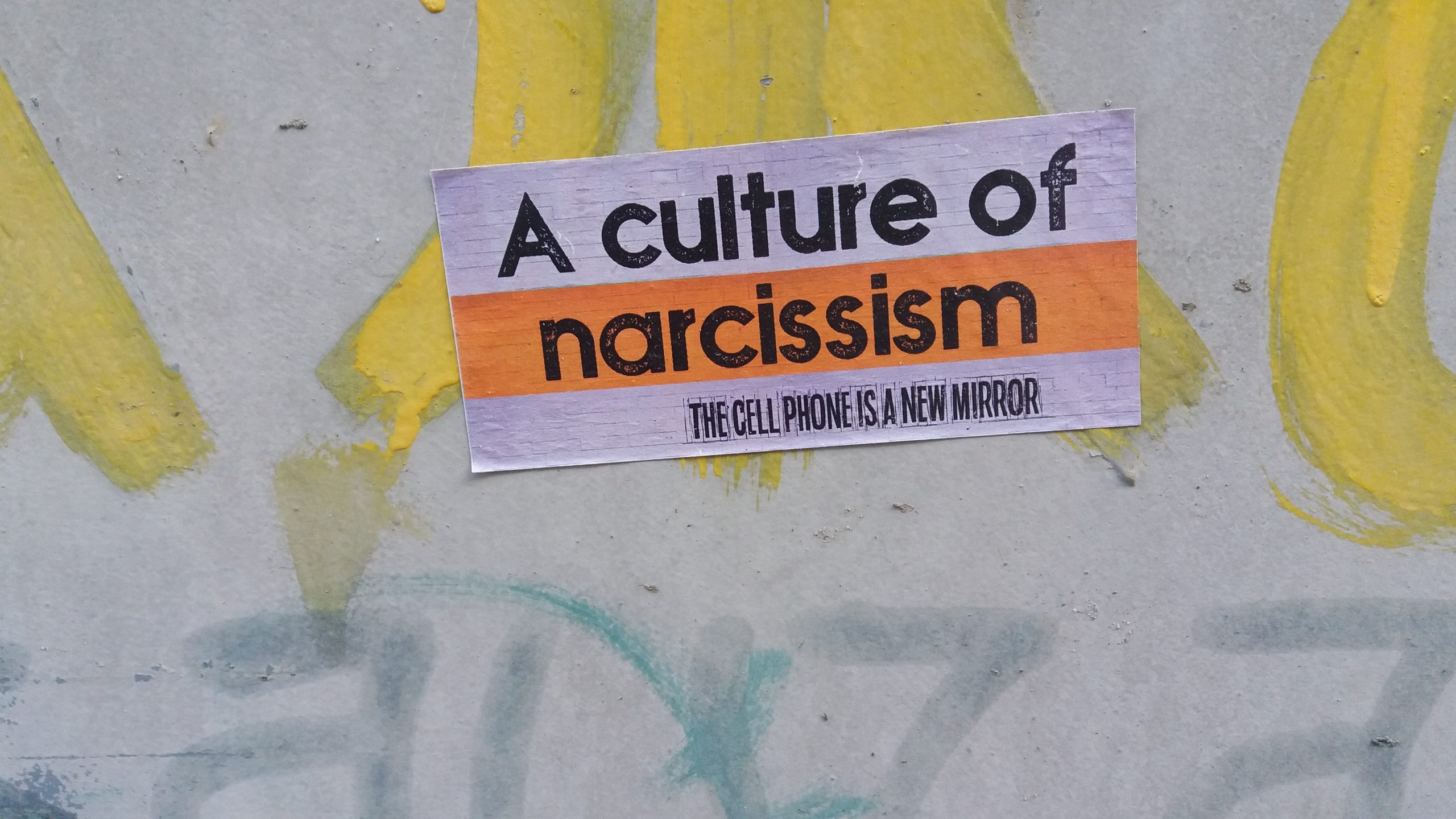Once seen as a niche for those unlucky in love, online dating has exploded in popularity since the launch of Tinder in 2012. With the stigma of meeting your partner online gone, almost every singleton got onboard. Now it seems a new app is launched every other day. Each have their own niche or quirk to attract people, but generally the results end up being the same: endless swiping and failure. A survey done by the Pew Research Center discovered that although 42% of people believe they have a better chance of meeting a long-term partner online, 88% of people are “disappointed” with what they’ve seen on dating apps. With apps reportedly being the most common way partners meet these days, are we content with dealing with the bad experiences for the sake of finding ‘the one’? Or is it time to leave the apps behind and return to reality?
The loss of the spontaneous meeting is a bigger shame than you’d imagine.
In her column for The New Statesman, Marie Le Conte describes the loss of unpredictability and spontaneity when it comes to meeting and dating people. Instead of randomly encountering people in bars, through friends, at your local crochet club, etc., dating has become a chore. She likens it to a job search: You search for the required traits, the ideal characteristics. You send out applications and anxiously await replies. Want a partner? You better work for it. Sounds super fun right?
This method leads to an additional issue. By building an ideal partner in your mind and only matching with that kind of person on the apps, you’re missing out on people who may be wonderful partners because they’re not a dreamboat in their profile. In many cases attraction only comes when you get to know someone, but that’s not an option when you’re picking people based on a couple of photos and a short bio.

Only matching with an imagined ideal leads to an increase in discrimination.
Unsurprisingly, when people are chosen based on their most shallow physical characteristics, discrimination is going to happen. Judgement of characteristics such as weight, height, or features outside of accepted beauty standards is already a problem in everyday life. This is only amplified on dating apps. When your value is reduced to only your appearance, it gives people free reign to shame it. An article from the Huffington Post reports on stats from the dating app Bumble: “almost 9 in 10 people feel that dating is a space where they feel more physically judged than other areas of life, with 1 in 4 saying that they have been body shamed online on a dating app or social media.”
It’s outdated to believe that every stranger on the internet is a murderer, but that doesn’t mean these apps don’t come with risks.
It’s too easy to have anonymity on dating apps, with features implemented by them for safety purposes being fairly lax. Many of them state in the fine print that users are responsible for their interactions with others, not the companies. There’s not much stopping people banned from platforms from making another profile. This article from TIME describes the rise in violent and/or sexual assaults facilitated by dating apps, and gives advice on how to use them safely.
Whilst we generally imagine women to be the victims of assault through these apps, men can also face danger from their use. A recent article from Rest Of The World reports on “Tinder robberies” against men in Brazil. The rise in kidnappings and robberies arranged through dating apps in Brazil is massive. With the app companies doing little to stop it, people have to take their safety into their own hands. Methods include meeting in public places and verifying identities on other social media platforms. But is that enough to protect yourself?
Even if they’re not dangerous, new dating behaviours from using apps are causing harm and disappointment.
With a new era of dating comes a slew of unpleasant new behaviours related to it. Dating apps give the illusion of an endless supply of date-able people. It’s so easy to match with dozens at the same time. The value of an individual is lost, and ditching someone at the drop of a hat is perfectly normal. Terms such as ‘ghosting’ (stopping all contact with someone with no explanation) and ‘breadcrumbing’ (showing small amounts of occasional interest without the intention of ever following through) are commonly used in relation to online dating. In addition, dating apps greatly facilitate backburner relationships and straight-up cheating. Facebook groups like ‘Are We Dating The Same Guy’ have been cropping up to catch bad behaviour on dating apps. The people on the receiving end of this can take nasty knocks to their self-esteem and wellbeing, but it’s hard to avoid.

It’s time to ditch the dating apps.
So dating through apps can be pretty grim, but even those who delete them find themselves coming back. Many get stuck in a cycle of deleting and redownloading, with these apps now being such a key part of dating. The need for personal validation online, one of the many ways social media traps us, also keeps people on dating apps. Also, the dating apps promise a quick fix to the complex and messy world of dating, when that doesn’t actually exist. The hope keeps people coming back though.
So, I think we need to ditch the apps. Meeting people in real life will seem like less of a chore, and you never know who you’ll come across. Whilst not a platform for dating, LifeBonder‘s message also applies to that realm of life. LifeBonder‘s mission is to help people form meaningful relationships with others offline, in the real world. Living in the Mesaverse rather than the Metaverse will reverse the harmful effects of being online. Hopefully we can bring some enjoyment back to dating.
Help & Advice for dating safely online:
Helping Survivors is an organisation providing information and resources on living a life free from the terrible consequences of sexual assault and abuse, and, as the name suggests, helping the survivors of them. Their website has a wealth of useful information, and you can find their ‘Online Dating App Safety Tips’ here. I highly recommend checking them out before venturing out into the world of online dating. Stay safe folks!



